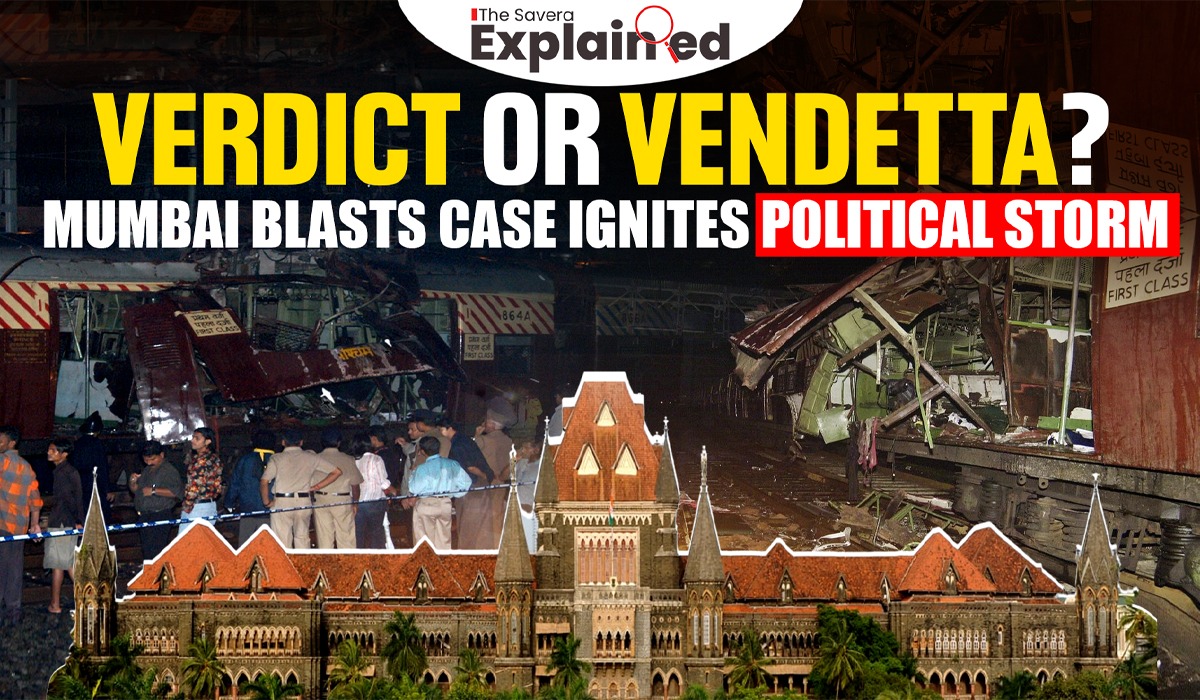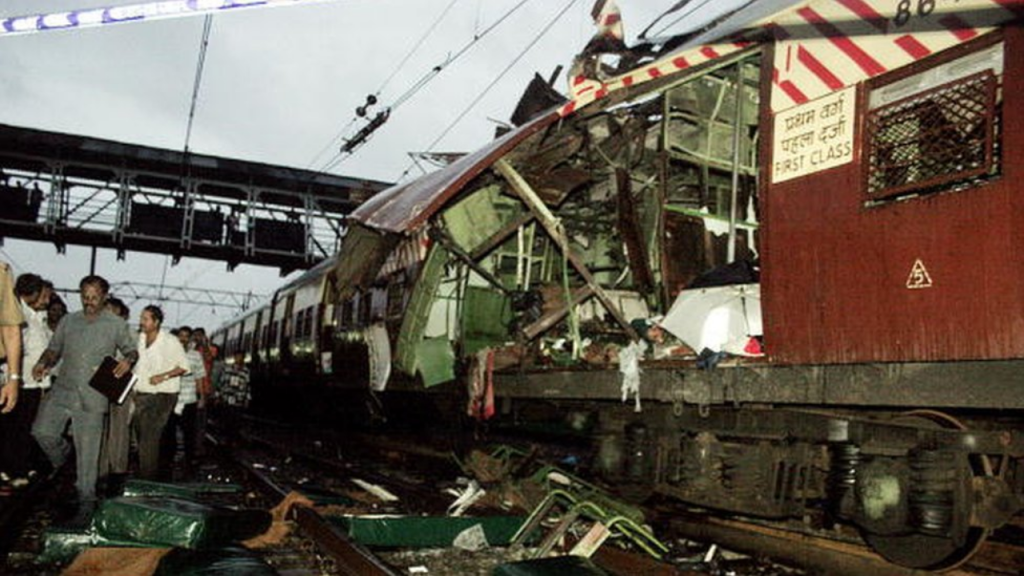
Mumbai: On July 21, 2025, the Bombay High Court’s acquittal of all 12 accused in the 2006 Mumbai train blasts case sent shockwaves across India, reigniting debates about justice, investigative failures, and systemic flaws in terror-related trials.
The verdict, overturning death sentences and life imprisonments handed down in 2015, has dominated headlines and social media, with posts on X reflecting public outrage and calls for accountability. Former MP Sanjay Nirupam labeled it “unfortunate,” questioning who orchestrated the attack that killed 189 people.
AIMIM leader Asaduddin Owaisi criticized the Maharashtra Anti-Terrorism Squad (ATS) for a “failed probe,” alleging communal bias. Maharashtra ministers, including Chandrashekhar Bawankule, signaled a potential Supreme Court appeal, amplifying the controversy. Advocates like Yug Mohit Chaudhry hailed the decision as a beacon of hope for the wrongly incarcerated, while others on X speculated about compensation for the accused, who spent nearly two decades in jail.
The ruling has sparked a broader conversation about judicial delays, unreliable evidence, and the human cost of prolonged incarceration, making it a trending topic nationwide.
The 2006 Mumbai Train Blasts Case

On July 11, 2006, seven coordinated bomb blasts targeted first-class compartments of Mumbai’s suburban trains on the Western Railway line between 6:23 p.m. and 6:29 p.m. The explosions, near stations like Matunga Road, Mahim, Bandra, Khar, Jogeshwari, Bhayandar, and Borivali, killed 189 people and injured over 800.
The Maharashtra ATS led the investigation, invoking the Maharashtra Control of Organised Crime Act (MCOCA) and Unlawful Activities (Prevention) Act (UAPA). Thirteen individuals were arrested, while 15 others, some allegedly in Pakistan, remained wanted.
Initial Convictions (2015)
After a nine-year trial, a special MCOCA court convicted 12 accused in September 2015. Five—Kamal Ahmed Ansari, Mohammad Faisal Shaikh, Ehtesham Siddiqui, Naveed Hussain Khan, and Asif Khan—were sentenced to death for planting bombs.
Seven others—Tanveer Ansari, Mohammed Majid Shafi, Shaikh Mohammed Ali, Mohammed Sajid Ansari, Muzammil Shaikh, Suhail Shaikh, and Zameer Ahmed—received life imprisonment for conspiracy.
The prosecution relied on eyewitness accounts, recovered explosives, and confessional statements. One accused, Abdul Wahid Shaikh, was acquitted in 2015 due to insufficient evidence.
Bombay High Court Acquittal
On July 21, 2025, Justices Anil S. Kilor and Shyam C. Chandak of the Bombay High Court acquitted all 12 convicted individuals, overturning the 2015 verdict. The court found the prosecution’s case fundamentally flawed:
Why the Acquittal Now?
The acquittal, 19 years after the blasts, stemmed from a prolonged appeals process and recent judicial action:
Public and Political Reactions
The verdict triggered intense reactions:
The acquittal highlights systemic issues in terror cases: unreliable evidence, coerced confessions, and judicial delays. It raises questions about justice for victims’ families and the accused, who lost nearly two decades in prison.
While advocates view it as a testament to judicial independence, the potential Supreme Court appeal may prolong the quest for accountability in one of Mumbai’s deadliest attacks.
